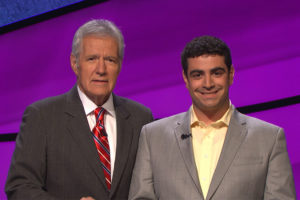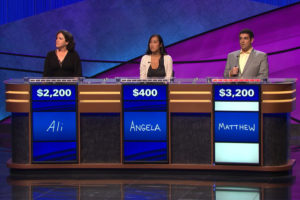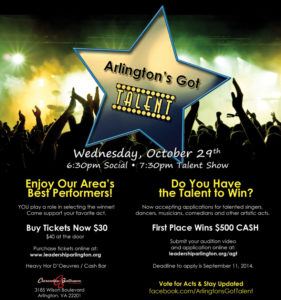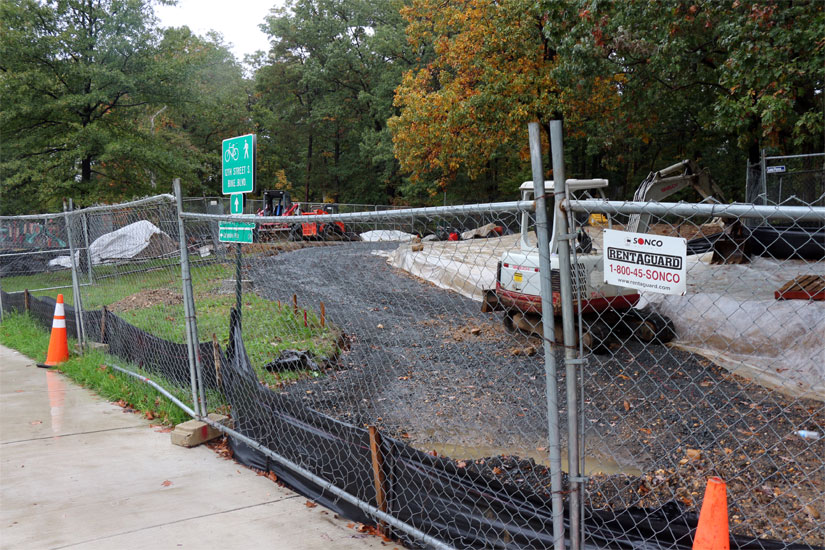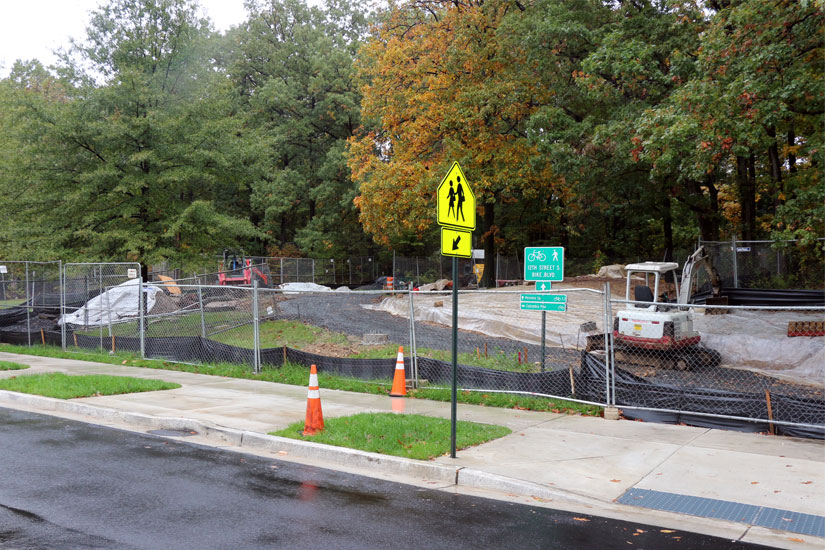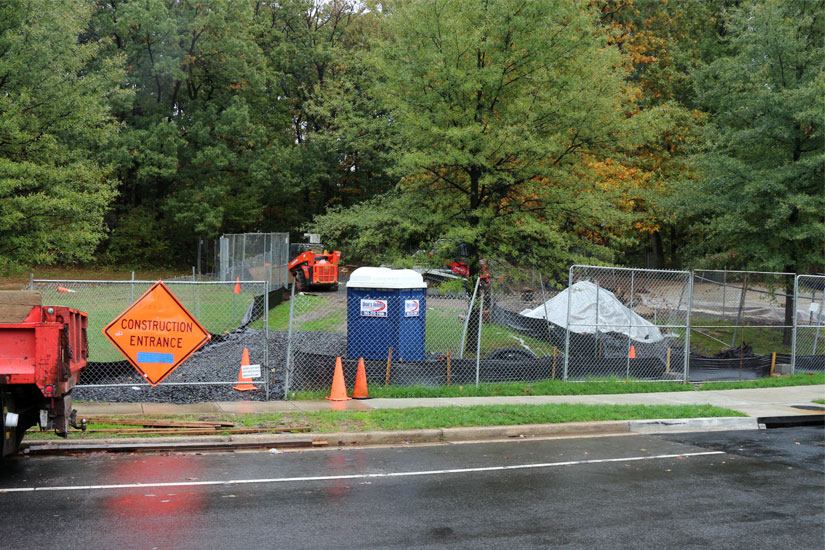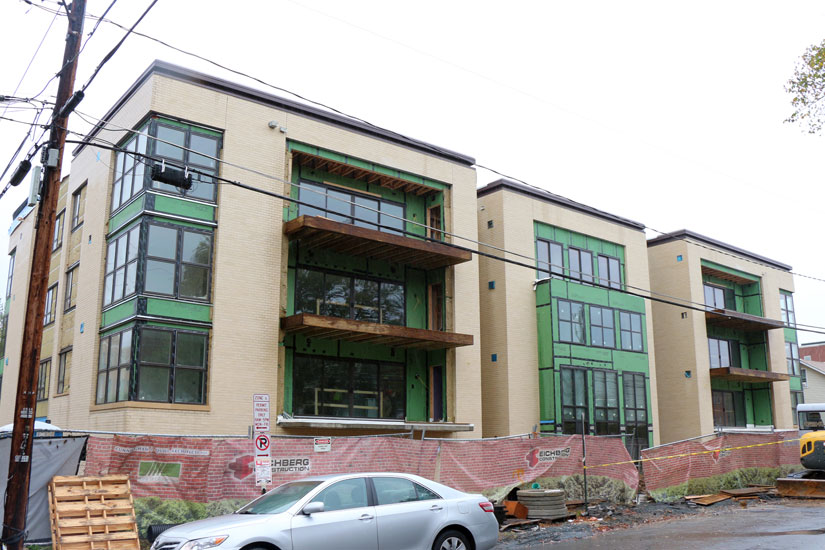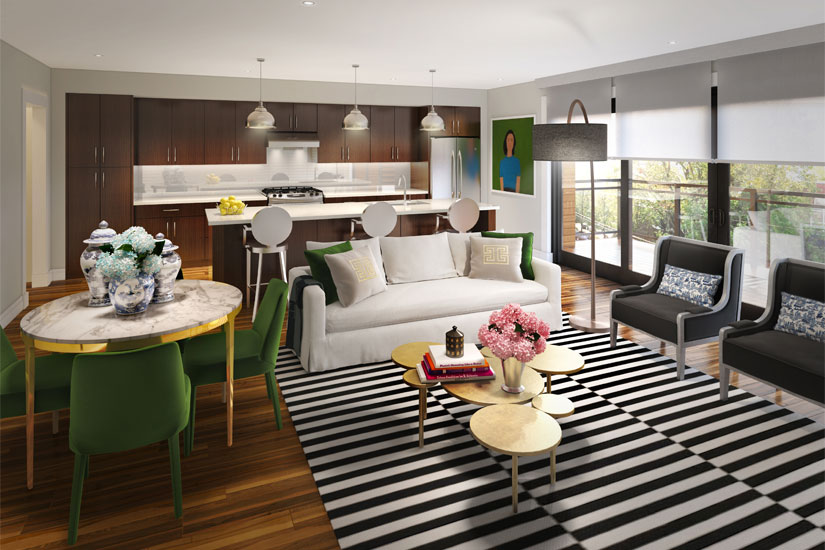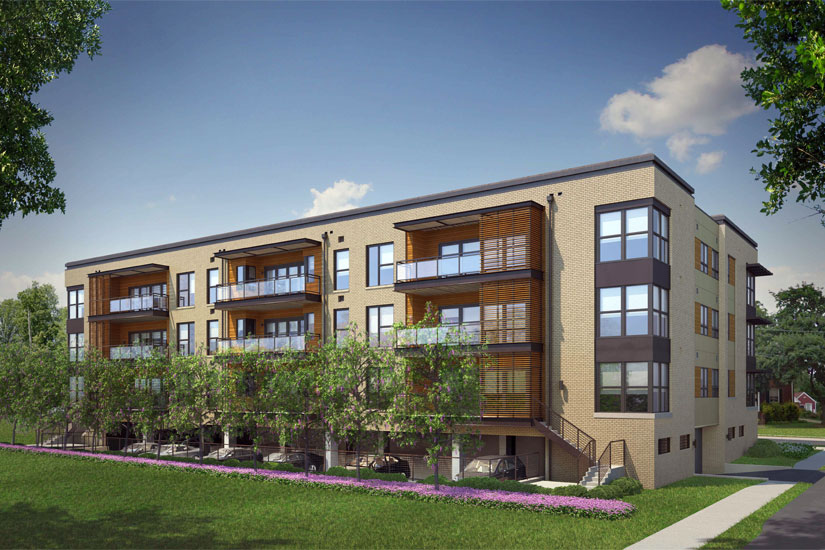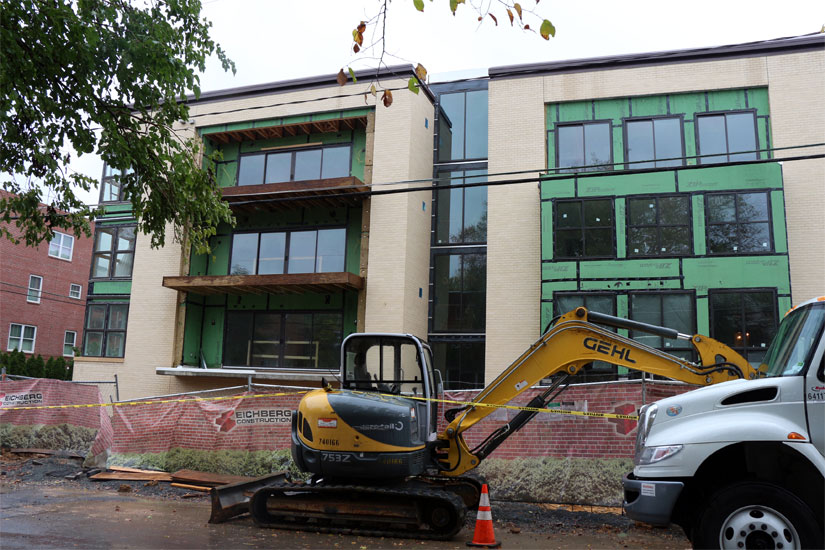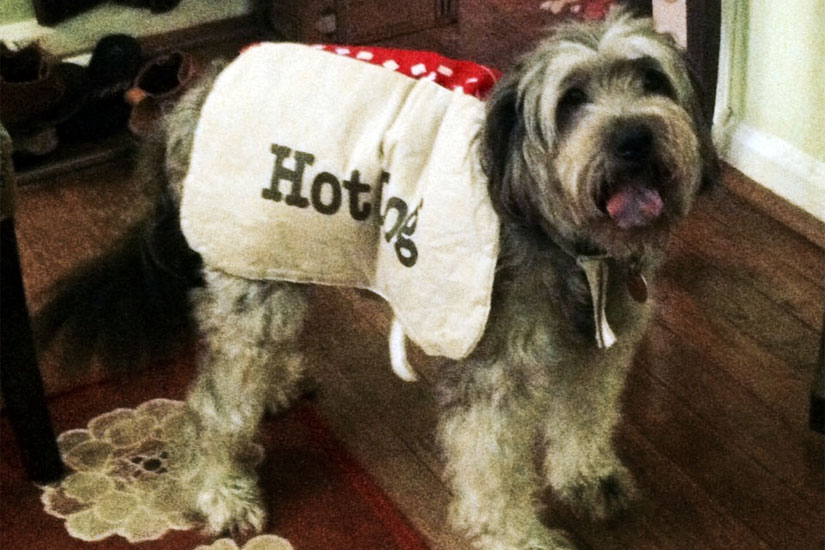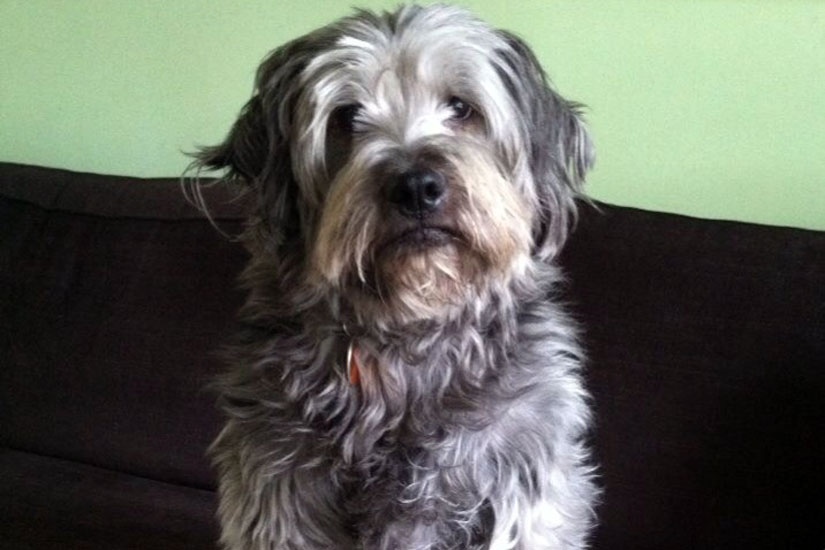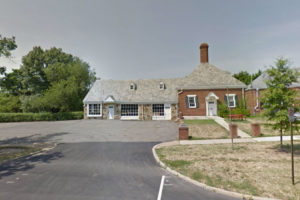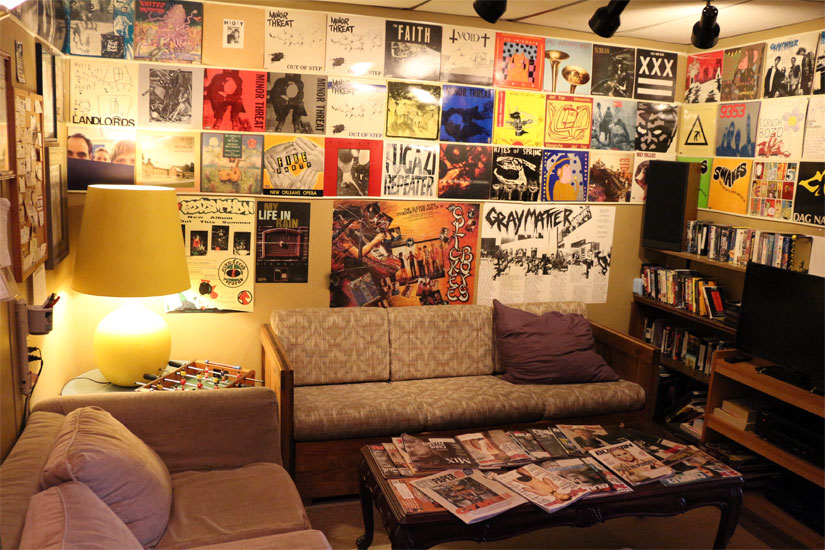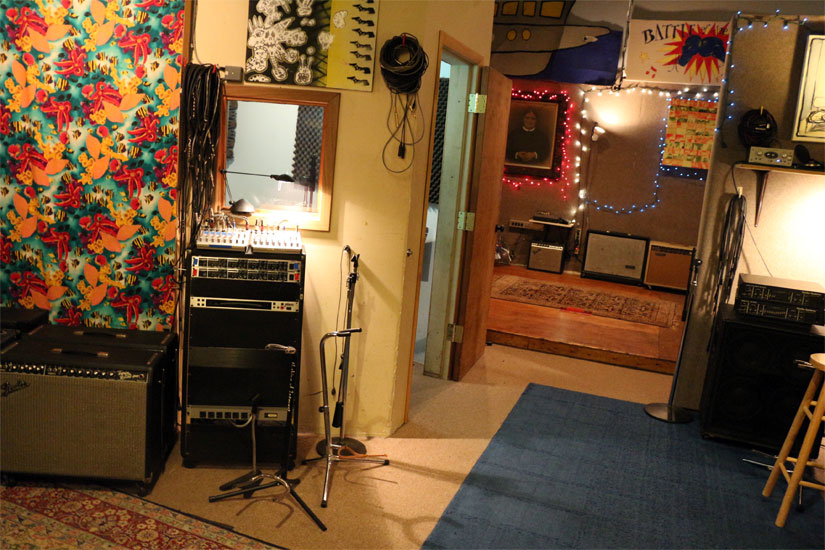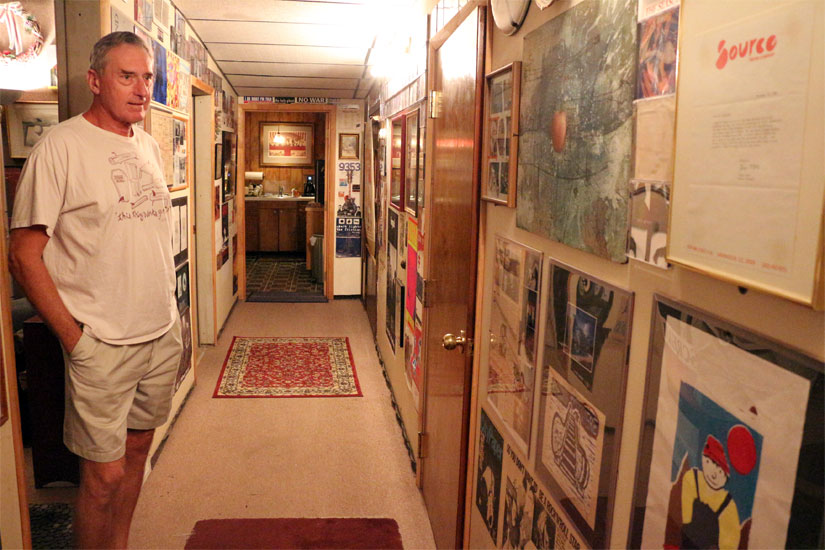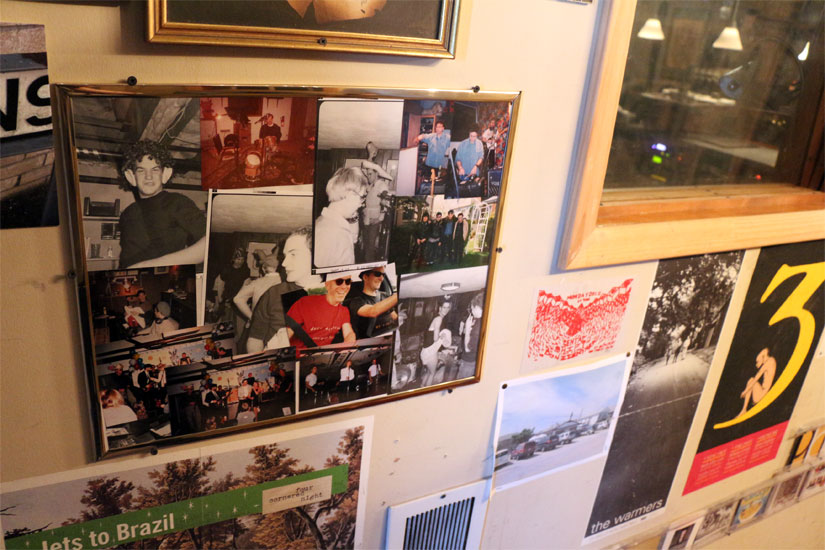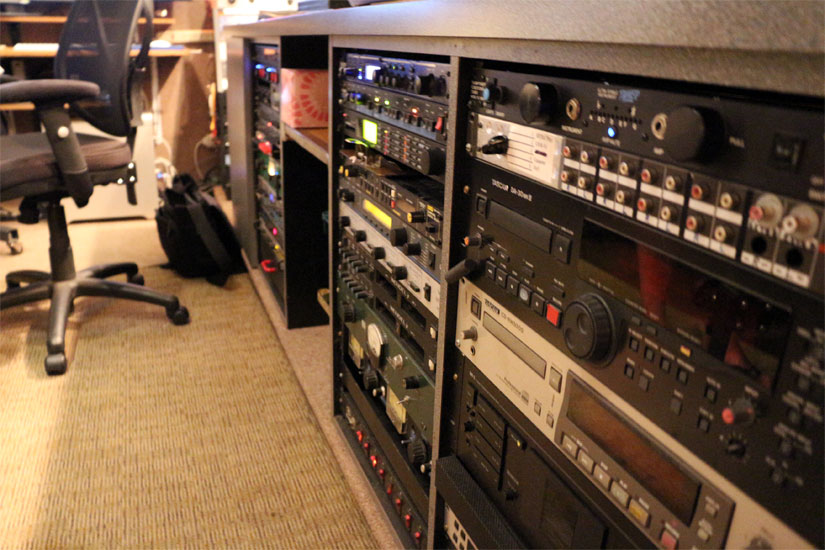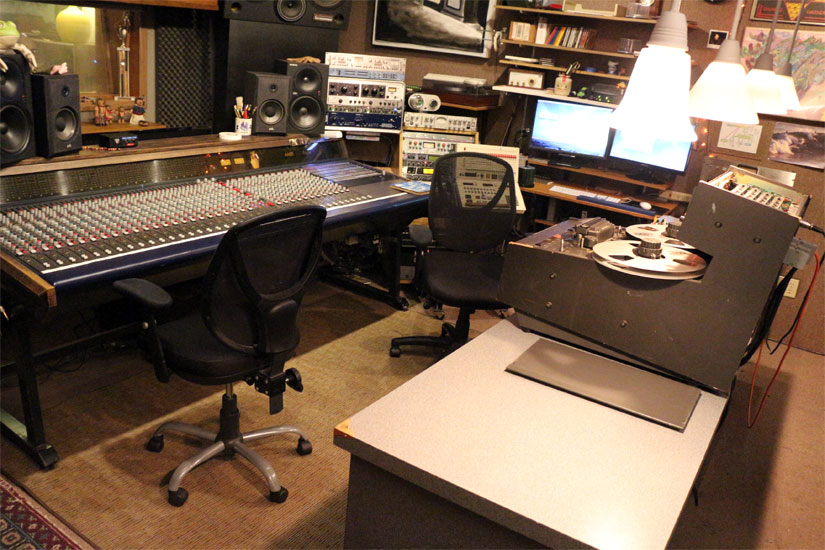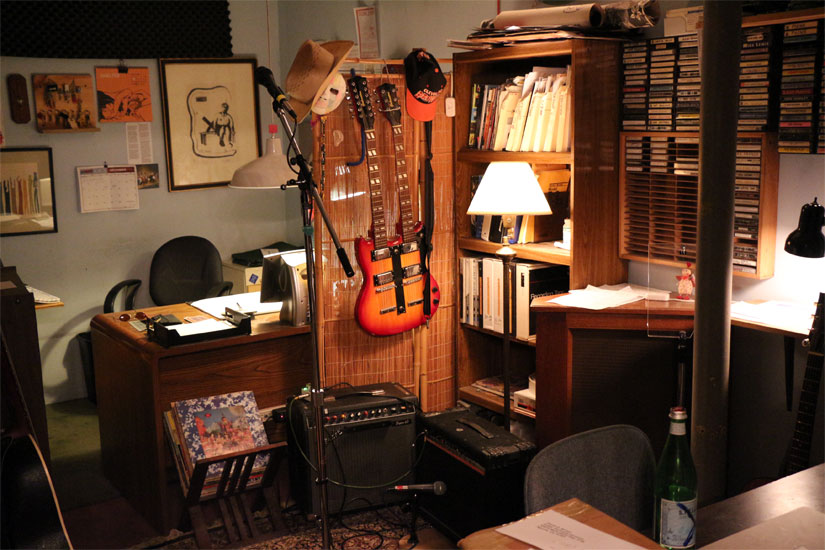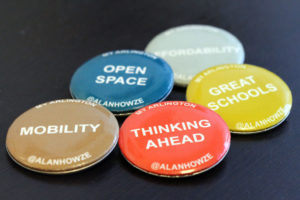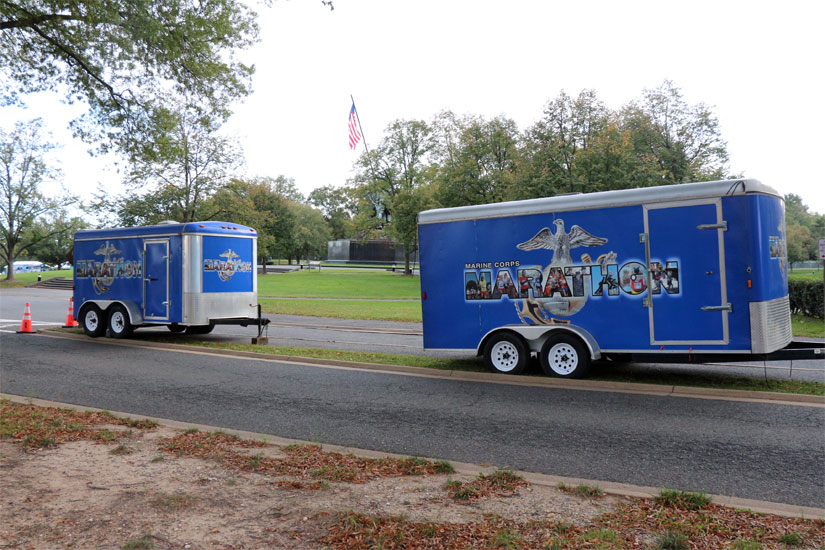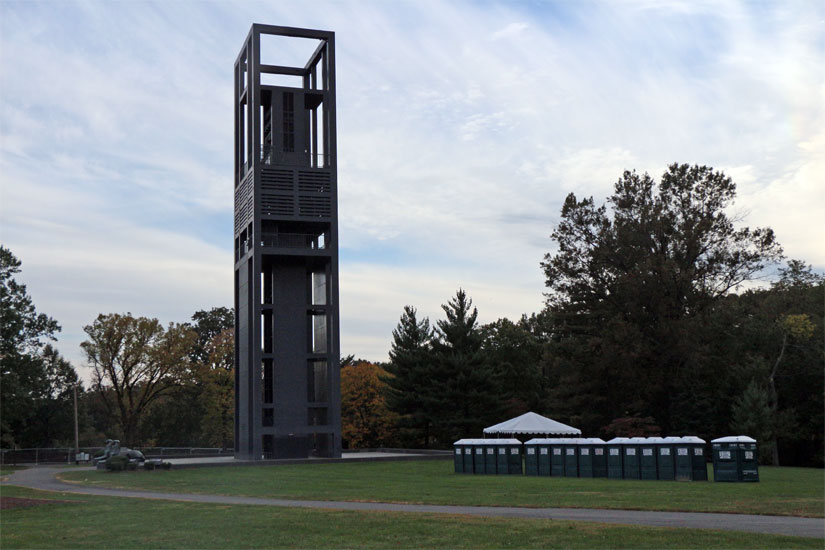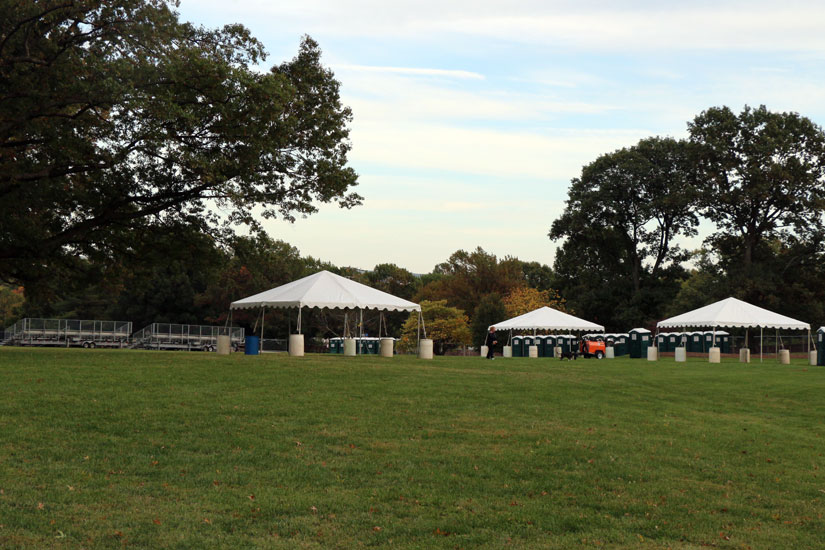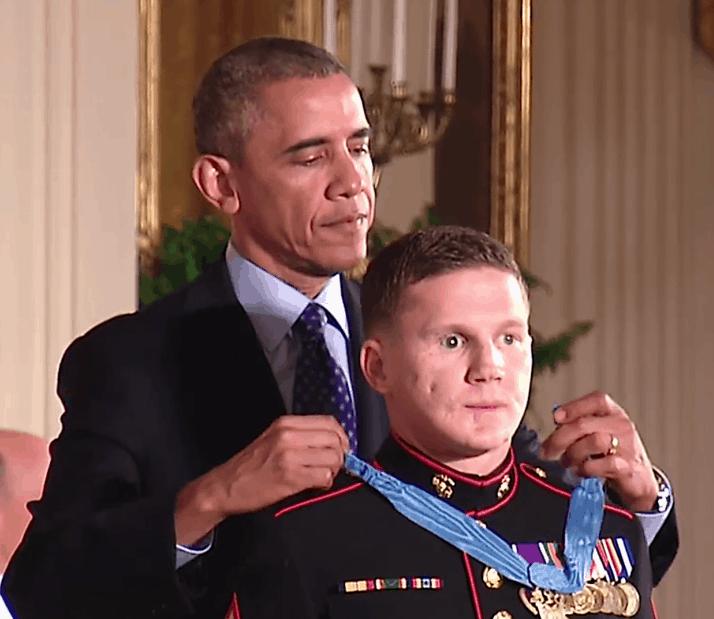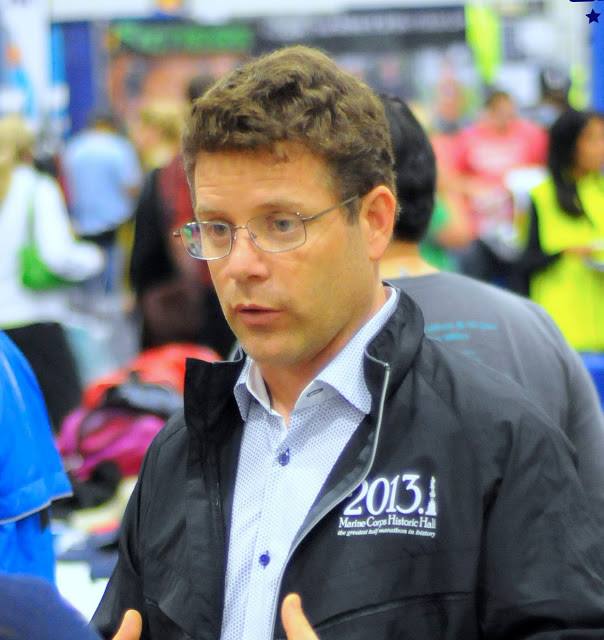
Editor’s Note: Sponsored by Monday Properties and written by ARLnow.com, Startup Monday is a weekly column that profiles Arlington-based startups, founders and funders. The Ground Floor is Monday’s office space for young companies in Rosslyn. The Metro-accessible space features a 5,000-square-foot common area that includes a kitchen, lounge area, collaborative meeting spaces, and a stage for formal presentations.
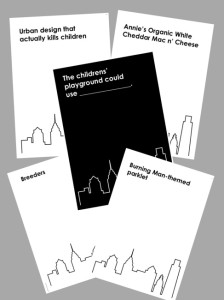 If there’s a game that seems tailor-made for Arlington, it’s a take on a boozy card game that encourages thinking about smart growth and urban planning.
If there’s a game that seems tailor-made for Arlington, it’s a take on a boozy card game that encourages thinking about smart growth and urban planning.
That’s the premise behind “Cards Against Urbanity,” a spinoff of the popular Cards Against Humanity party game that replaces the original’s mix of raunchy and offensive questions and answers with tongue-in-cheek cards about living in a city. Cards include questions like “My city’s latest economic plan is _____” with answers like “Sexy firefighter fundraisers.”
Cards Against Urbanity is a Kickstarter idea, with a deadline: the only time people can buy the game is by donating to the Kickstarter, which closes at 10:19 p.m. A $30 pledge gets the funder the 234-card game, and a pledge of $65 also includes a Cards Against Urbanity T-shirt.
Cards Against Urbanity’s cards are the same size and materials as the original to allow for crossover and mixing and matching with the original game and its expansion packs. According to the game’s creators, there won’t be any chances to buy the game after 10:19 tonight.
The game’s creators are all planners, architects and economic development professionals with D.C. ties. The idea was started by Lisa Nisenson, an urban planner and co-founder of crowdsourced urban design solutions startup GreaterPlaces, and Sarah Lewis, of the urban planning think tank DoTank DC. The two and a group of urban planners and architects were at a planning conference, Nisenson said, playing Cards Against Humanity when someone suggested “it’d be fun to have a city version” of the game.
A month later, neither Lewis nor Nisenson could get the idea out of their head, so they decided to make the game. They asked permission from Cards Against Humanity, which allowed the team to develop the idea, as long as they agreed “not to make any money off of it,” Nisenson said.
“What we’re asking for is just to cover the cost of the game and the Kickstarter,” Nisenson said.
She, Lewis and their five co-creators guessed how many of their friends would buy the game and priced the Kickstarter goal accordingly. They figured 250 people would buy it, so they set the goal at $7,500. With a little more than 10 hours to go, the campaign has 753 backers and has raised $26,393.
Initially, the game creators thought only other planners, architects and economic development workers would have interest in the game, but the response — which has been across the spectrum and global — has changed her tune.
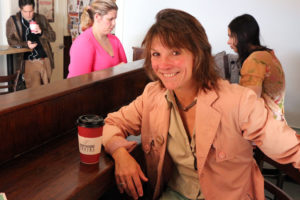 “Our big takeaway from this is that if you make planning fun,” Nisenson said, “there is an audience that is really hungry for it.”
“Our big takeaway from this is that if you make planning fun,” Nisenson said, “there is an audience that is really hungry for it.”
As they were developing the game, Nisenson and Lewis were giving some cards a test drive at “a rooftop happy hour” in Arlington when other customers approached them, asked to play, and offered their own suggestions for cards, like an answer card that says simply “Lead Paint. YOLO.”
“Everyone was immediately into it,” Lewis said. “They asked to join us and play a couple rounds. It validated our initial thoughts that this was something people would want to play and enjoy.”
Nisenson said that even though Arlington is viewed nationally as a model for inclusive city planning and urban design, there is still a huge opportunity to engage people who are invested in the community but, for whatever reason, haven’t previously been involved in the process.
“Cities are hot,” Nisenson said. “People want to know how to get involved and they don’t know where to start.”


